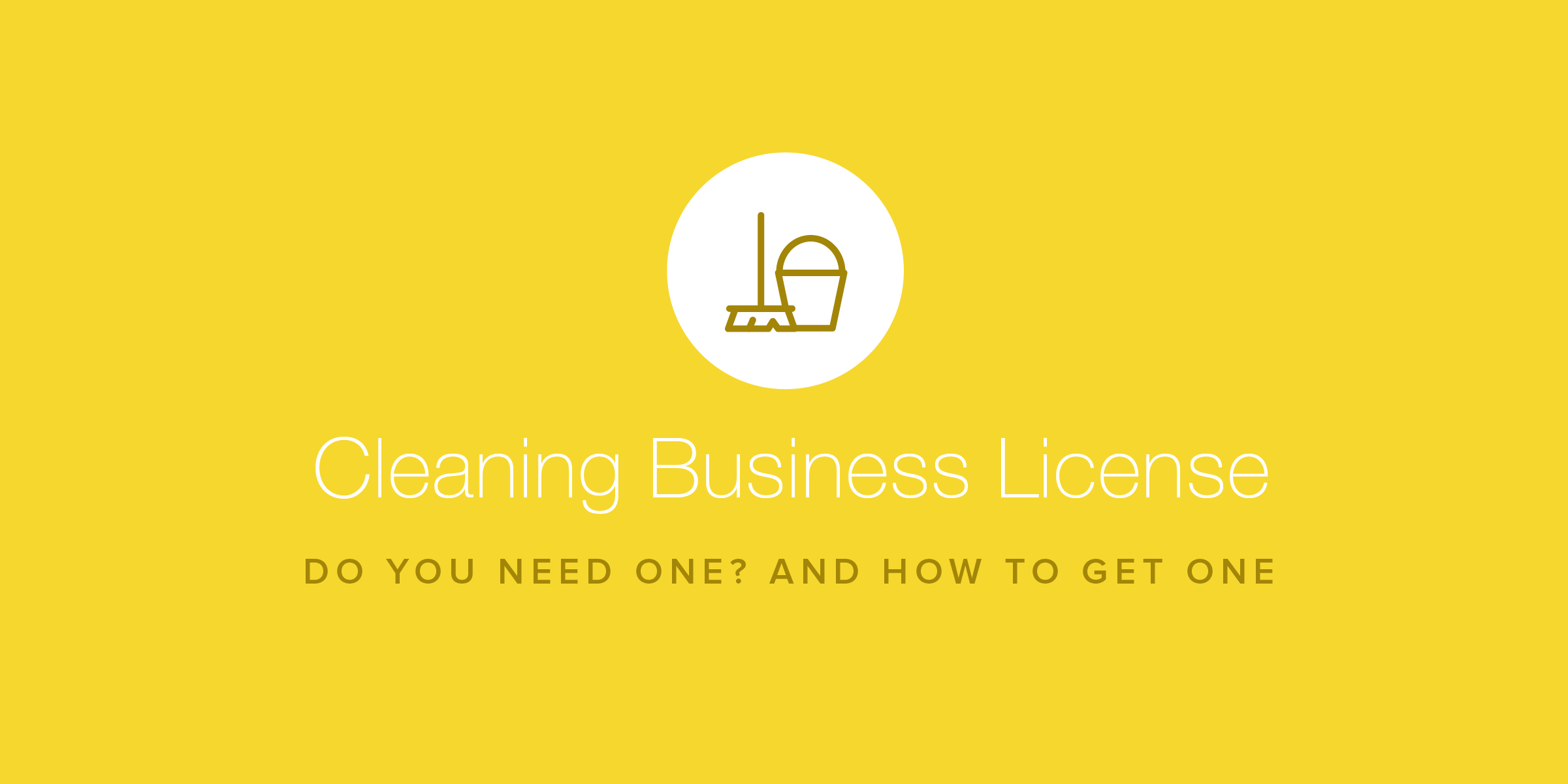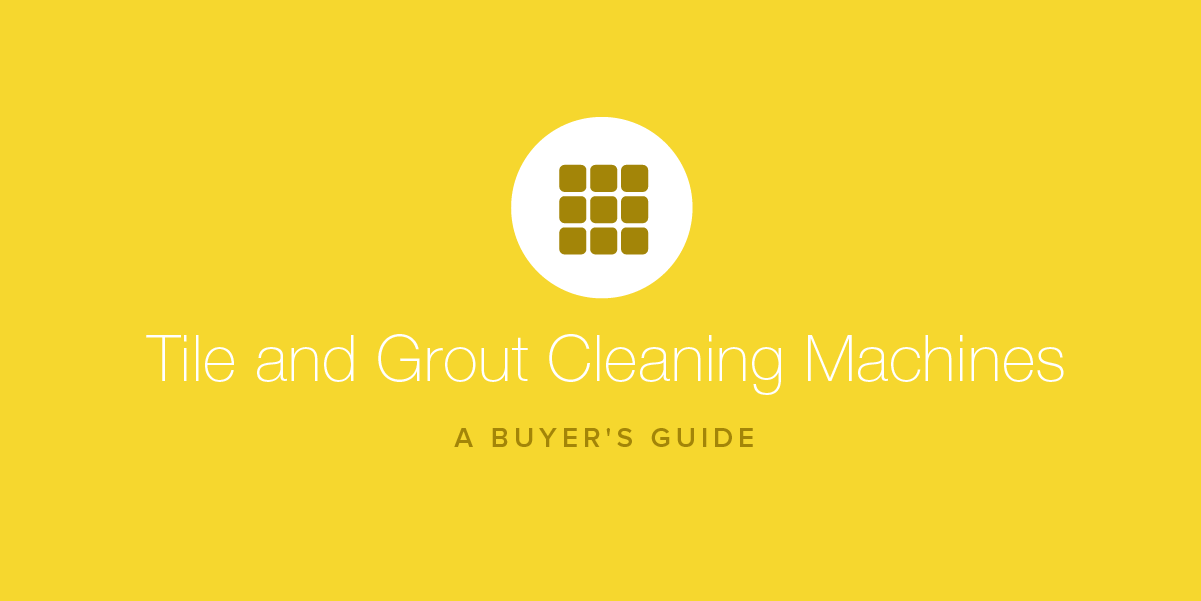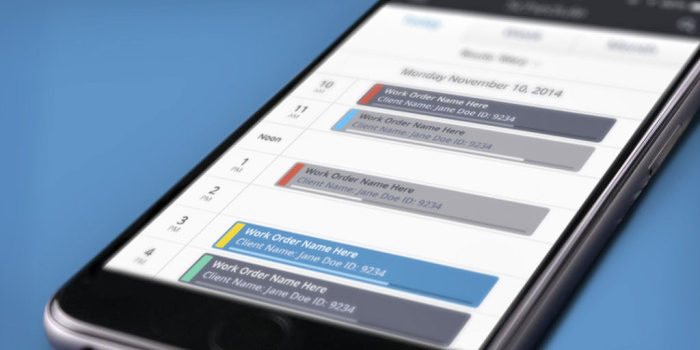Cleaning Business License: Do I Need One and How Do I Get One?
- December 27, 2019
- By: Vonigo
A cleaning business license is one of the first and most important documents for a cleaning business. If you’re operating a cleaning business, entering homes and businesses and charging for your service, then you need a business license.
We’ll take a closer look at the how and the why of cleaning business licensing, as well as how to go about acquiring one.
What Is Licensing and Bonding for Cleaning Businesses?
A business license lets the government know your cleaning company exists, so they can make sure you’re following the laws and paying all your taxes. They’re not difficult to get, but the exact procedure varies by location. This is also when you’ll request and reserve the name of your business.
If you don’t have any employees you will most likely register for a DBA license as a Sole Proprietor. This means that you’re “doing business as” your company name. If you plan on hiring a team, you’ll need to go through a few more steps. This includes obtaining an Employer Identification Number from the IRS.
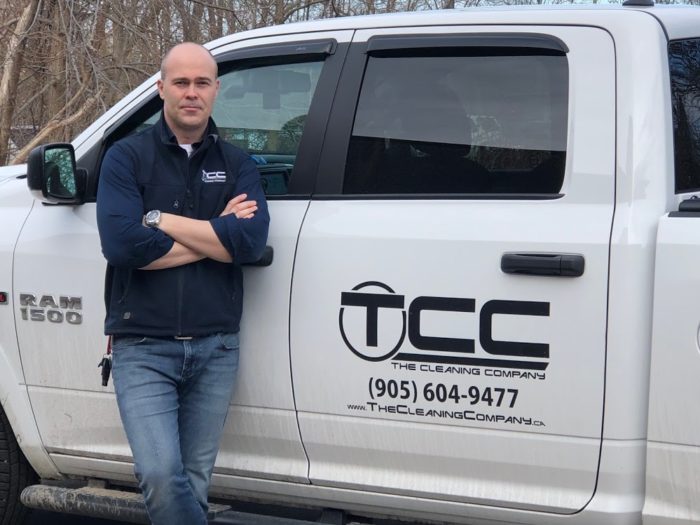
I’ve Got a Cleaning Business License — What’s Next?
Depending on your situation, your DBA or general business license might be all you need to get to work. Generally, you don’t need specialized training or certification to clean houses. Your town or city may have its own special rules, and certain types of cleaning could require more paperwork. For example, if you’re disposing of large amounts of chemicals, or using specialized equipment that might be dangerous.
Then, you’ll want to get bonded — for cleaning businesses, this is just as important as getting a license. You’re entering private spaces, and clients want to know that their belongings are protected. Getting a janitorial bond is similar to insurance, but it’s meant to protect the client, rather than you. If one of your employees is found guilty of stealing, your insurance company will pay them the value of the stolen goods. After that, you will still need to pay your provider back that amount, but probably not all at once, or right away.
A business license means the government takes you seriously, and a janitorial bond means you’ll seem trustworthy to potential clients. In some places, you can’t have one without the other; you need to get bonded in order to license a cleaning business.
Why Being Licensed and Bonded Matters
If you want to earn more than pocket change, build credibility with clients, and have room to grow your business further, you need a strong foundation.
What’s more, you aren’t the only cleaning business in town. You’ve got competition and you need to measure up. People will hesitate to hire a cleaning service that offers no protection against theft and isn’t compliant with local laws.
Being licensed and bonded will put you on a level playing field with other reputable companies in your area. Then you can set yourself apart through professionalism, memorable branding, and great quality work.

Playing By the Rules
Dealing with paperwork can seem scary or overwhelming, but it doesn’t have to be. Of course, you need to be aware of the regulations for cleaning businesses at the municipal, state, and federal levels. But none of these requirements are secret. You’ll be able to find out exactly what to do on the websites of the three levels of government.
Since bonds are purchased through a private entity, getting them is pretty similar everywhere. You can obtain your janitorial bond through an insurance broker or company, maybe even the one you already use. You can also go somewhere that deals only in bonds, often called ‘surety bonds’.
If you’re a sole proprietor in the United States, you can get a DBA (doing business as) from your county administration office. Many regions also have online systems that make registration quick and simple. Remember, your local government doesn’t want to prevent you from doing business. There’s a lot of guidance out there to help you.

It Doesn’t End With a License
Beyond getting licensed and bonded, there are definitely other steps you might want to take for your company. For example, maybe you want to incorporate your business. One step further than registering as a sole proprietor, this makes your cleaning business a separate entity from you, complete with its own tax number. Should your business ever go into debt or go bankrupt, your own personal savings are safe. If your plans are for a small-time side hustle, it’s probably not necessary. But if you’ve got big dreams, you might as well get incorporated early.
After getting licensed, bonded, and up to date on your regulations, it’s time to look into house cleaning business insurance.
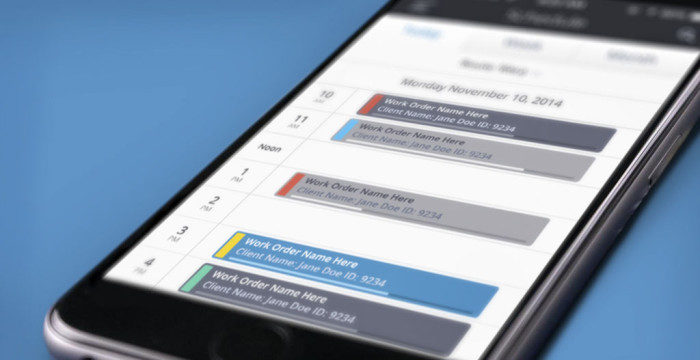
Cleaning Business Management Software
Want to learn about cleaning business software can help you manage and grow your cleaning business? Book a free, private demo of Vonigo.
